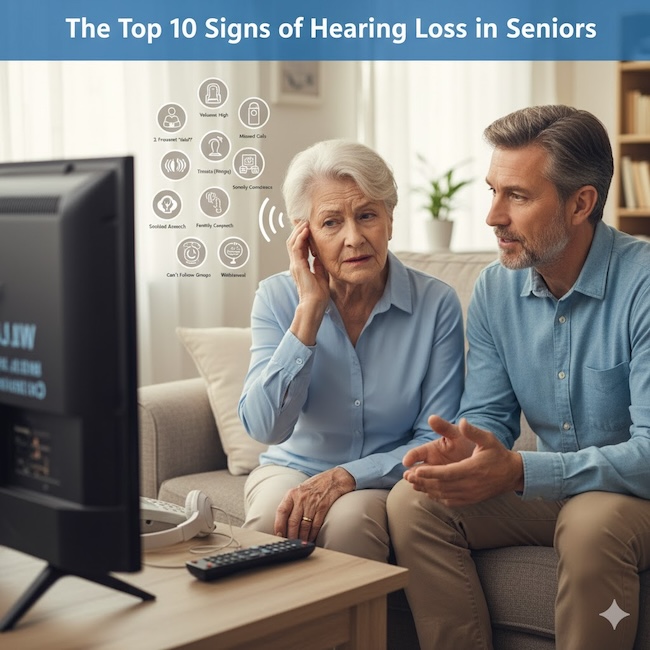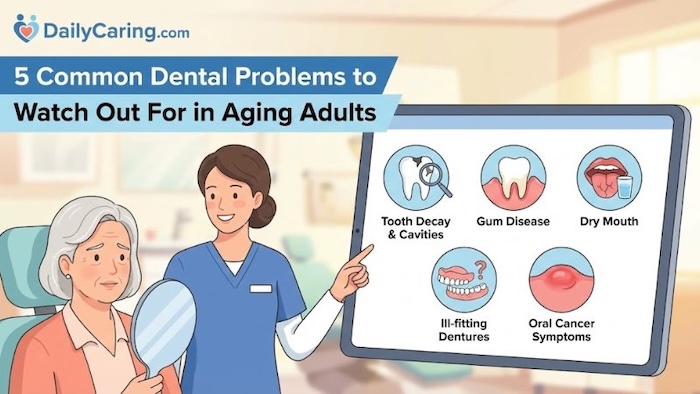Choosing the right over-the-counter painkiller for an older adult isn’t as simple as grabbing the first bottle off the shelf. Seniors face higher risks of side effects, drug interactions, and complications, especially when managing chronic pain or other health conditions. From NSAIDs to acetaminophen, each option carries unique benefits and potential dangers.
In this article, we share five essential tips to help you select the safest OTC pain relief for your loved one while minimizing risks and maximizing effectiveness.

Choosing the Safest Over-the-Counter Pain Killers for Seniors
Older adults often experience aches and pains from chronic health conditions, physical therapy, or recovery from surgery.
Many use over-the-counter painkillers to manage daily pain.
There are many different pain relievers available at the drugstore, but some could be dangerous for older adults.
Dr. Leslie Kernisan, a San Francisco Bay Area geriatric doctor, was asked to recommend the safest over-the-counter painkillers for seniors.
In her full article, Dr. Kernisan explains which over-the-counter painkillers are safest, why they’re safer than others, and which pain medications should be used with caution.
Here, we’ve summarized the key points from her article.
How to Find Safe Over-the-Counter Painkillers for Seniors
1. Geriatricians consider acetaminophen the safest over-the-counter painkiller
For most seniors, the safest over-the-counter painkiller is acetaminophen (like Tylenol).
However, older adults must NOT take more than 3000 mg of acetaminophen in one day.
In high doses, acetaminophen can cause serious or fatal liver damage.
Seniors with a history of alcohol abuse or chronic liver disease need an even lower daily limit. Consult with your doctor to determine a safe daily amount.
Use extra caution because acetaminophen is included in many over-the-counter and prescription medications. For example, Nyquil, Theraflu, Percocet, and Norco all contain acetaminophen.
If your older adult takes any other medications containing acetaminophen, it’s essential to include those amounts in their total daily limit.
Other than making sure to take the correct dose and staying under the daily limit, acetaminophen has few side effects and rarely harms seniors.
2. Avoid NSAIDs like ibuprofen and naproxen
The most common over-the-counter alternatives to acetaminophen are ibuprofen and naproxen (like Advil or Aleve).
These are in the category of non-steroidal anti-inflammatory drugs (NSAIDs).
Older adults should be cautious with NSAIDs. Their side effects are especially likely to cause harm as people get older.
Serious and fatal side effects from NSAIDs include:
- Risk of bleeding in the stomach, small bowel, or colon. Seniors taking daily aspirin or a blood thinner are at exceptionally high risk.
- Problems with the stomach lining, causing stomach pain or peptic ulcer disease.
- Decreased kidney function is a big problem for seniors who already have a chronic decline in kidney function.
- Interference with high blood pressure medications.
- Fluid retention and increased risk of heart failure.
Experts estimate that NSAIDs cause 41,000 hospitalizations and 3,300 deaths among older adults every year. The American Geriatrics Society includes NSAIDs on the Beers list – medications that seniors should avoid or use with caution.
Be aware that many doctors may still recommend or prescribe NSAIDs to older adults. These doctors may be less familiar with the Beers list or the increased risk to older bodies.
NSAIDs are usually prescribed because they’re anti-inflammatory and can relieve pain from arthritis, gout, and other conditions. Prescription NSAIDs are more potent and can cause an even higher risk of serious problems.
If your older adult’s doctor prescribes an NSAID, don’t be afraid to question their decision.
As an older adult’s health advocate, ask about alternatives and share your serious concerns about the risks.
3. Aspirin should also be avoided
Aspirin used to be the standard household over-the-counter painkiller.
Today, most doctors use it to reduce heart attacks and stroke and no longer use it for pain relief.
Like all drugs, aspirin has risks and benefits. It’s similar to NSAIDs and increases the risk of internal bleeding.
That’s why it’s not recommended anymore as a pain reliever for seniors.
4. Painkiller safety tips
The most important thing you can do is ensure that your older adult’s doctor is aware of their chronic pain. That way, they can determine what’s causing it and develop a personalized pain management plan.
There are also many safer, non-drug options available for pain relief.
Be sure to ask about them, as busy doctors may not volunteer the information.
Note: Avoid any over-the-counter medications marked “PM.” That means it’s also supposed to make people sleepy. That ingredient is typically an anticholinergic drug, which is detrimental to the brain. It can make dementia worse or increase dementia risk.
5. What to do if more pain relief is needed
If acetaminophen isn’t doing enough to relieve your older adult’s chronic pain, speak with the doctor to find out about alternatives.
Ensure you understand the risks and benefits of different medications and explore non-drug options, such as physical therapy, cognitive-behavioral therapy, and other treatments.
Over-the-Counter Pain Relief Safety for Seniors
OTC Pain Relief Safety for Seniors
Final Thoughts About Over-the-Counter Pain Killers for Seniors
In summary, choosing the safest pain relief for a senior requires careful, informed decisions. By prioritizing acetaminophen as a first option, diligently avoiding NSAIDs and aspirin unless specifically advised by a doctor, and always consulting with a healthcare professional to explore non-drug alternatives, you can effectively manage your loved one’s pain while minimizing serious health risks.
Ultimately, the safest choice is one made through open conversation with their doctor, ensuring any treatment plan is personalized, monitored, and part of a holistic approach to their well-being.
*This post is for informational purposes only. Always consult your doctor or a healthcare professional before considering any medication (for any reason).
Recommended for you:
- 10 Medications That Cause Falls in Seniors: Use with Caution
- How Seniors Can Get Help Paying for Prescription Drugs
- 11 Ways to Get Someone with Dementia to Take Medication
About the Author

Connie is the founder of DailyCaring.com and was a hands-on caregiver for her grandmother for 20 years. (Grandma made it to 101 years old!) She knows how challenging, overwhelming, and all-consuming caring for an older adult can be. She also understands the importance of support, especially in the form of practical solutions, valuable resources, and self-care tips.













